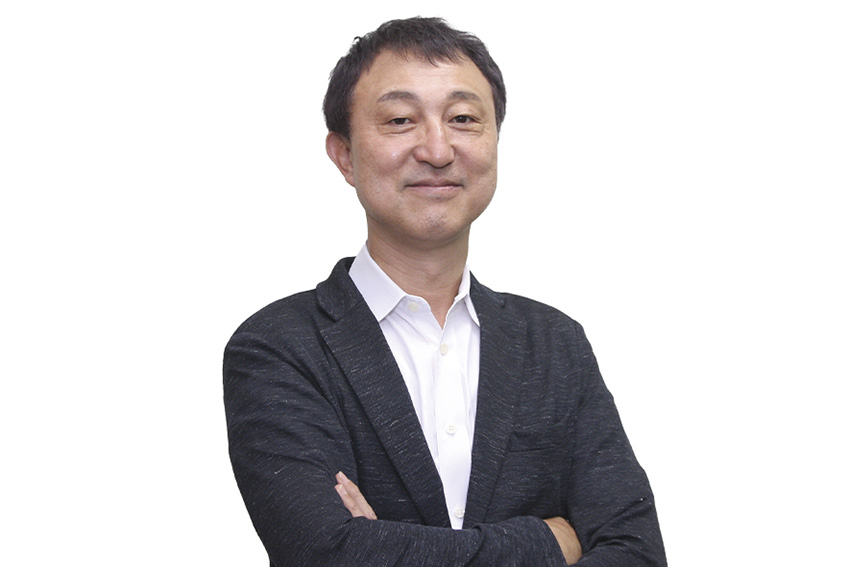A Korean company that has enjoyed impressive growth, NextIn supplies top-quality wafer inspection equipment to semiconductor manufacturers, ideal solutions for new HBM chips and the development of EUV processes.

Founded in 2010, the Korean company NextIn Solutions provides high-quality defect detection and metrology technology to semiconductor manufacturers at home and abroad. Based in Hwaseong, the firm supplies dependable systems that cover bright-field and dark-field wafer inspection and offer solutions for 2D and 3D semiconductor manufacturers. NextIn’s technology guarantees a high defect capture rate and works quickly—helping its customers to carry out efficient, effective production processes that result in excellent semiconductor yields.
A company that has worked hand in hand with major names in the tech industry—such as Intel, Samsung and SK Hynix—NextIn has enjoyed impressive sales growth in recent years. Indeed, the firm’s revenue rose by 103 percent between 2021 and 2022. This increase is thanks, in no small part, to a versatile product range that is helping to fill a void that appeared in the marketplace just under 15 years ago.
“An interesting shift occurred in 2010, when the wafer inspection systems company AMAT exited the dark-field industry,” NextIn CEO Chris Park recalls in an interview with The Worldfolio. “This left another company, KLA, with a complete monopoly. However, device makers prefer a competitive market, avoiding dependence on a sole vendor. Recognizing the need to break this monopoly, NextIn has ventured into the dark-field equipment market, aiming to compete with KLA.”
“Our growth strategy revolves around acquiring a substantial share of 30 percent in the dark-field inspection industry.”
Chris Park, CEO, NextIn Solutions
Among NextIn’s flagship defect detection technology is the AEGIS Series—innovative, cost-effective 2D imaging equipment that uses both bright-field and dark-field illumination. “AEGIS wafer inspection systems can detect not only pattern defects like bridges, thinning, protrusion and footing, but also scratches and particles in film, pattern-generation, planarization, ion implantation and cleaning processes across all semiconductor manufacturing sequences, resulting in a superior return on investment for its customers,” the company says.
In the area of 3D wafer manufacturing, meanwhile, NextIn has developed the IRIS inspection system. Using the firm’s patented Multiple Off-focus Image Process Technology, IRIS detects defects in 3D manufacturing environments such as high aspect ratio (HAR) wafer production and through silicon via (TSV) processing.
What’s more, NextIn’s customers can now complement both AEGIS and IRIS by equipping them with an integration module known as KROKY (formerly TWINS)—a newly developed device which oversees edge trimming, identifying cracks and chips.
As part of its continuous efforts to utilize state-of-the-art defect detection technology, NextIn is also working on charge removal equipment that can eliminate harmful static electricity from chip production systems that use extreme ultraviolet (EUV) light. Given the important role that EUV lithography has to play in the future of the semiconductor industry, this is a project of no little significance. A next-generation production method, the EUV process will allow manufacturers to continue to deliver chips of unprecedented power and energy efficiency, in turn enabling the cutting-edge technology that we use in our daily lives, such as smart cars, phones, watches and homes.
On top of the versatility of its technology, NextIn’s rising revenue has come down to the company’s steadfast commitment to strengthening its presence outside of South Korea. “From 2020 to 2023, our growth was significantly driven by the Chinese market,” Mr. Park explains. “And now, beyond 2023, we are strategically working towards expansion in the U.S. and Japanese markets.”
In Japan, NextIn’s plans for international advancement have come up against a clash in business cultures—but are now steadily progressing, despite being interrupted by the pandemic. “The Japanese market tends to be conservative,” Mr. Park says. “While Korea is often associated with the tagline ‘dynamic Korea’ upon arrival at Incheon Airport, signifying its readiness to explore and adopt new equipment, Japanese clients exhibit a more cautious approach. Despite establishing positive business relations with Japanese companies before COVID-19, the pandemic severed these ties. However, Toshiba recently reinitiated contact, and we are currently engaged in discussions.”
As he looks to the future, Mr. Park backs NextIn to enjoy continued growth, as long as it remains a firm that loves the work it does—and crafts products that inspire the same emotion in its customers. “At NextIn, we have a slogan that encapsulates our vision: to be a company where employees arrive at work with a smile, and where children take pride in their parents working for us,” the CEO declares.
“I consistently convey to my team that while NextIn may not be the largest company globally, we can strive to be the best. Achieving this goal would bring me immense joy. What I mean by this is, while we may not produce products on the scale of BMW or Ferrari, we can aspire to create something akin to the beloved Beetle. Many people experienced genuine happiness driving a Beetle. I aspire to build a company that brings such joy to people's lives.”
For more details, explore their website at https://nextinsol.com/en/
0 COMMENTS